Has #MeToo actually made things worse for women?
It seemed like the #MeToo movement would change the world, but more than three years from its explosion, what’s its lasting legacy? Lizzy Dening investigates
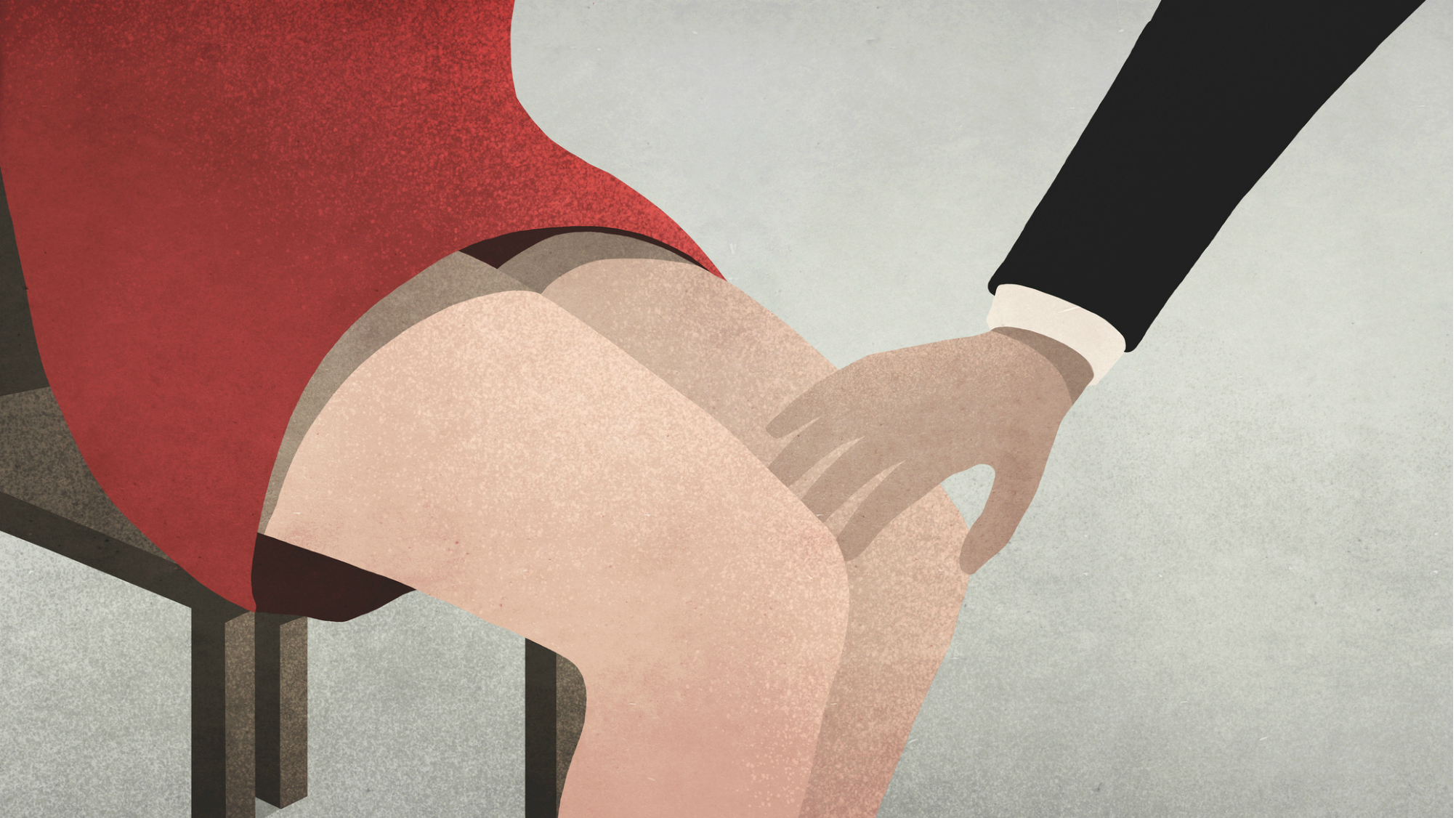

It seemed like the #MeToo movement would change the world, but more than three years from its explosion, what’s its lasting legacy? Lizzy Dening investigates
The #MeToo movement has been making powerful men sweat for over three years. In October 2017 actress Alyssa Milano popularised the hashtag (first used back in 2006 by activist Tarana Burke), encouraging others to share their experiences of sexual violence. It blew up – in part thanks to support from stars including Jennifer Lawrence and Ashley Judd – with millions of tweets in dozens of different languages.
'These feelings had been brewing for a while, and the Weinstein accusations became the catalyst for the movement,' says activist and author of Dark Chapter, Winnie M Li. #MeToo was simple and accessible – you didn’t need to have a high profile to add your voice to the mix. It allowed people from all backgrounds to feel heard on some level, and unified survivors from across the globe. But for all of the ‘think-pieces’ it inspired, and the pressure it placed on high profile rapists, it can sometimes feel that not much has changed as a result. While the amplification and unity of angry voices is a fantastic tool, were we unrealistic to expect systemic change in its wake?
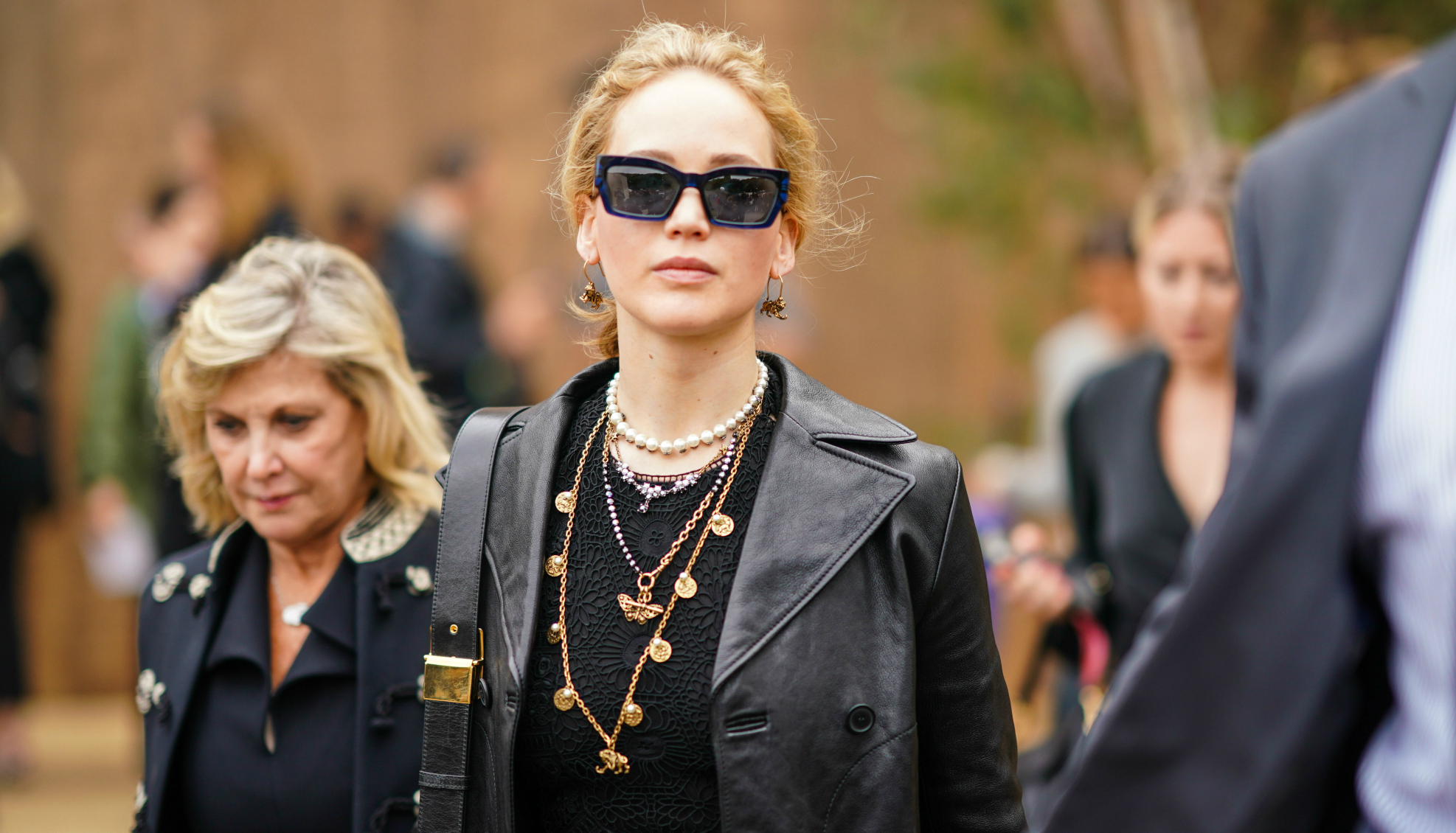
The power of #MeToo
For a glorious, fleeting moment, it felt like the internet had become a more democratic place, and a level of power had been awarded to victims of sexual violence. While we might have hoped that this momentum would be enough to challenge systems – workplaces, court rooms, education – it’s been a much rockier road. But that doesn’t mean that #MeToo wasn’t a powerful force for good.
'Social media movements can create change, because they show a public consciousness and an awareness of the issue,' says Siân JM Brooke, a researcher at Oxford Internet Institute. 'The sheer volume of media articles covering #MeToo and the systematic nature of sexual assault is progress. Bringing perpetrators to face a trial is progress.' In fact, a year after its instant popularity, the hashtag was, according to the New York Times, integral in bringing down 201 powerful men, and, of course, Harvey Weinstein who was sentenced to 23 years after being found guilty of two counts of sexual assault.
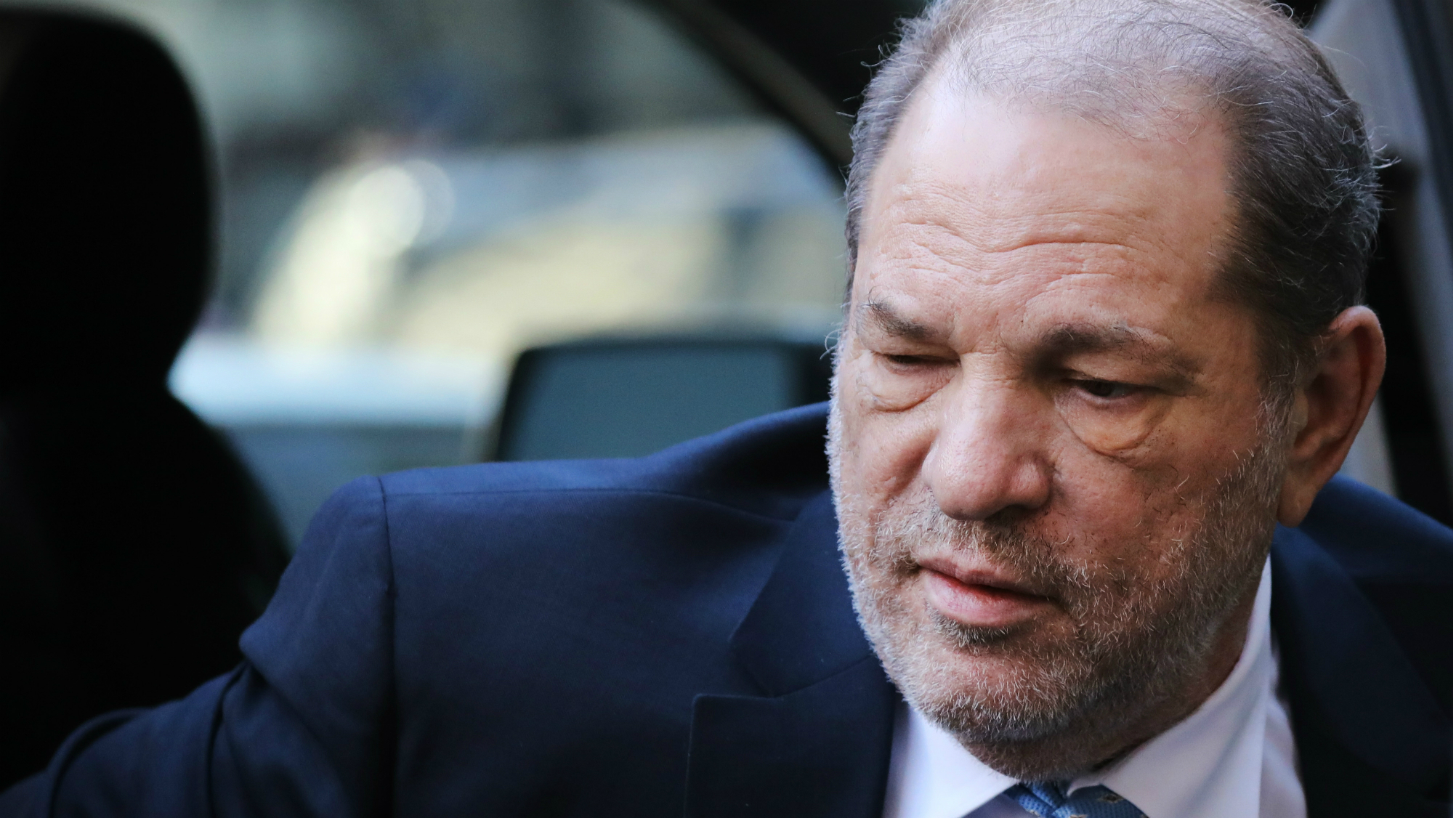
While #MeToo allowed survivors to speak out, it also, crucially, allowed others to hear them. 'I think some men had no idea how angry women were, or of the vast spectrum of violence, from catcalls and street harassment, to domestic abuse, and rape and murder, that women experience. Or the fact that the threat of all of those things forces women often to not speak up, to change their behaviour, or their clothing, or their opinions,' says Sophie Walker, Chief Executive of the Young Women’s Trust. And the movement’s reach was a crucial factor in its strength. While a YouGov poll from last year found that just 55 per cent of Brits had heard of #MeToo, this still put it head and shoulders above similar awareness campaigns (I Weigh had just 2 per cent; Time’s Up, 17 per cent).
Also, while it might seem simplistic, there’s a certain strength to attaching a catchy phrase to your cause. 'In just six digits, people know what you’re talking about,' says Winnie M Li. 'While #MeToo can be misused as a marketing tool, it also works as a ‘flash-word’ that continues to bring attention to these issues, which can only be a good thing. It also helped demonstrate what a broad spectrum of sexual violence there is, and helped to link the whole spectrum of misogynist behaviour and structural injustice.'
Celebrity news, beauty, fashion advice, and fascinating features, delivered straight to your inbox!
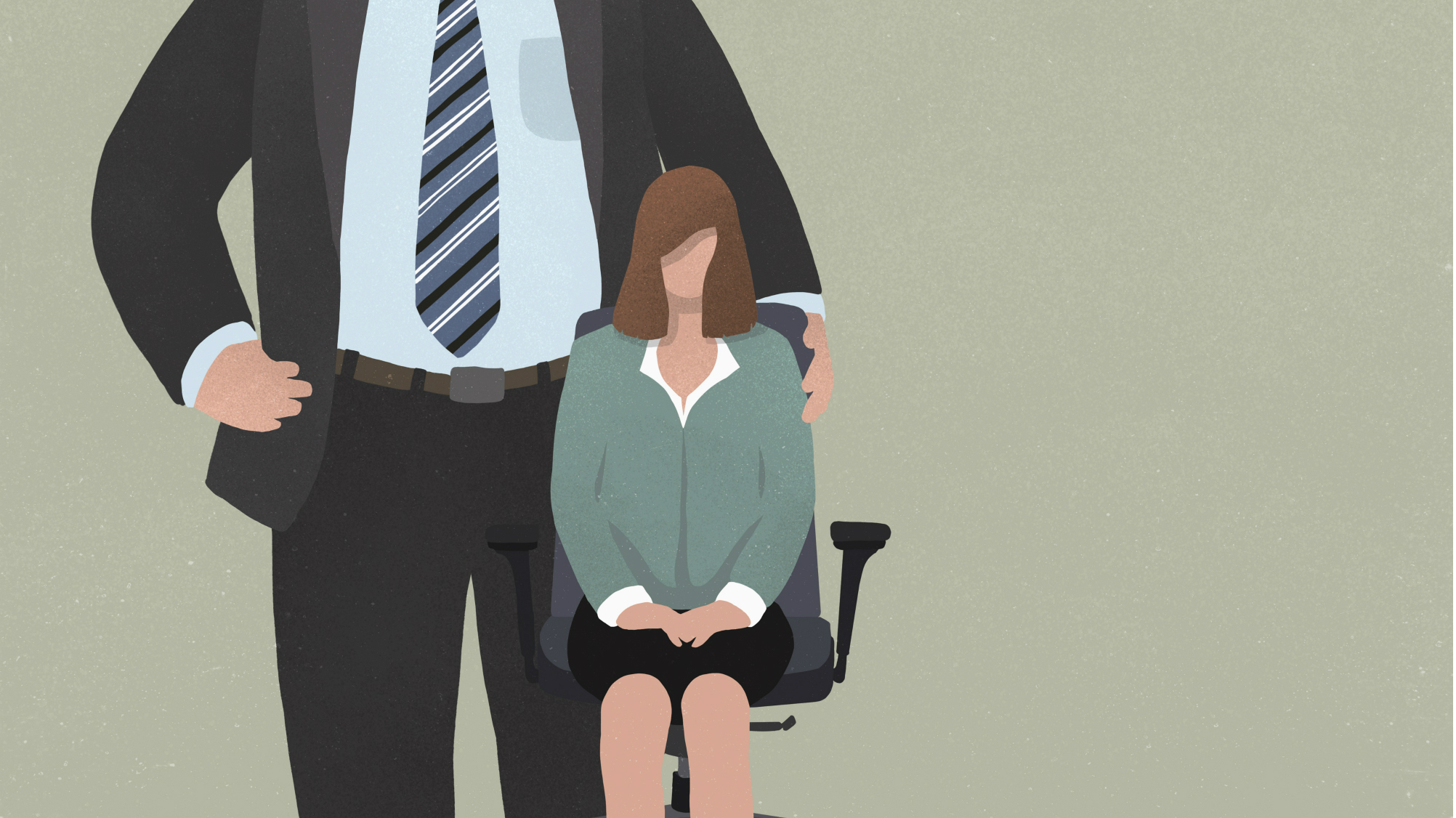
Empty promises
While successful awareness campaigns encourage survivors to seek vital help (US helplines saw a 25 per cent rise in calls in the aftermath of the Weinstein accusations), the increased demand brought about by #MeToo wasn’t met with a significant increase in funding for rape crisis centres. Nor with change at a legal level, with UK rape conviction rates currently at an all-time low.
Confronted with statistics about the prevalence of workplace harassment, university cover-ups and the ignorance of many judges in sexual violence trials, the movement, which seemed so full of vigour, can feel like it’s fallen flat. ''Me’ never became ‘We’ - so it spoke only to individual experiences rather than mass solutions,' says Sophie Walker. 'We haven't come anywhere close to building structures in business, society, judiciary, arts and culture that create freedom for women from violence. And now we're facing a backlash, which always happens, because progress is not linear, and the difficulty now is to keep momentum going.'
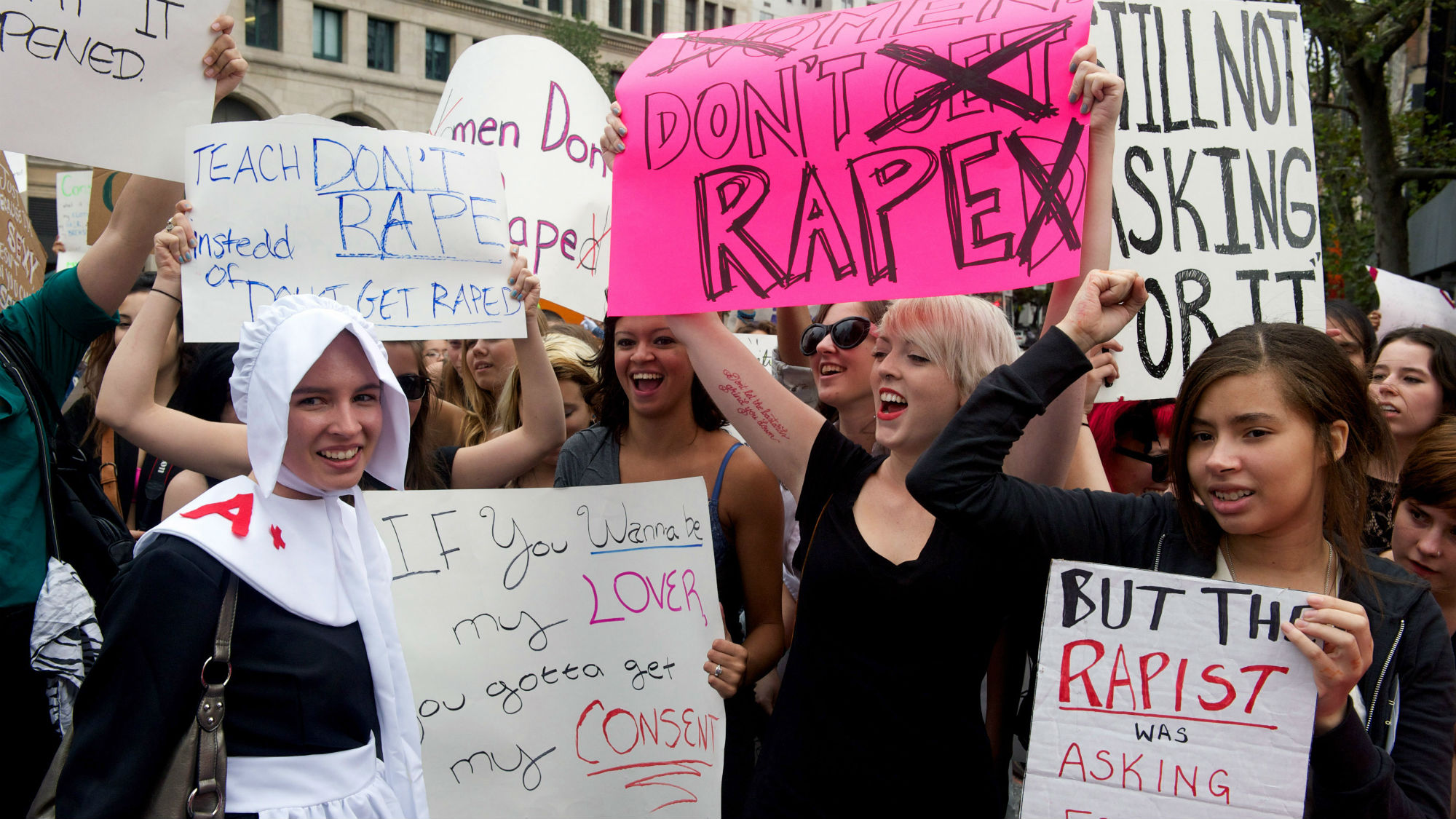
Ah yes, the backlash. '#MeToo was a social media spectacle, and like historical public executions the guilty were hanged in full view,' explains Siân JM Brooke. 'The problem with the presumption of guilt and the following public execution is that the target becomes a focus of sympathy. Blame is redistributed, and rather than paying attention to the survivors we are told that ‘men can’t do anything these days’.'
Backlash is, of course, a normal response to movements, and only to be expected in such a high profile one. Let’s not forget that it stems from powerful men wanting to protect themselves, so it’s arguably a sign that we’re getting closer to justice every day.
What’s next for campaigners?
Perhaps it’s unfair to look to the ‘legacy’ of a movement that’s still in its infancy. But what can we do to ensure the energy and verve of the initial campaign is channelled into lasting change?
'What the movement needs to do now is organise,' says Siân JM Brooke. 'To effect institutional and legal change, capitalising on its momentum for progress and not letting the toxic, misogynistic retaliation take over and control the narrative.'
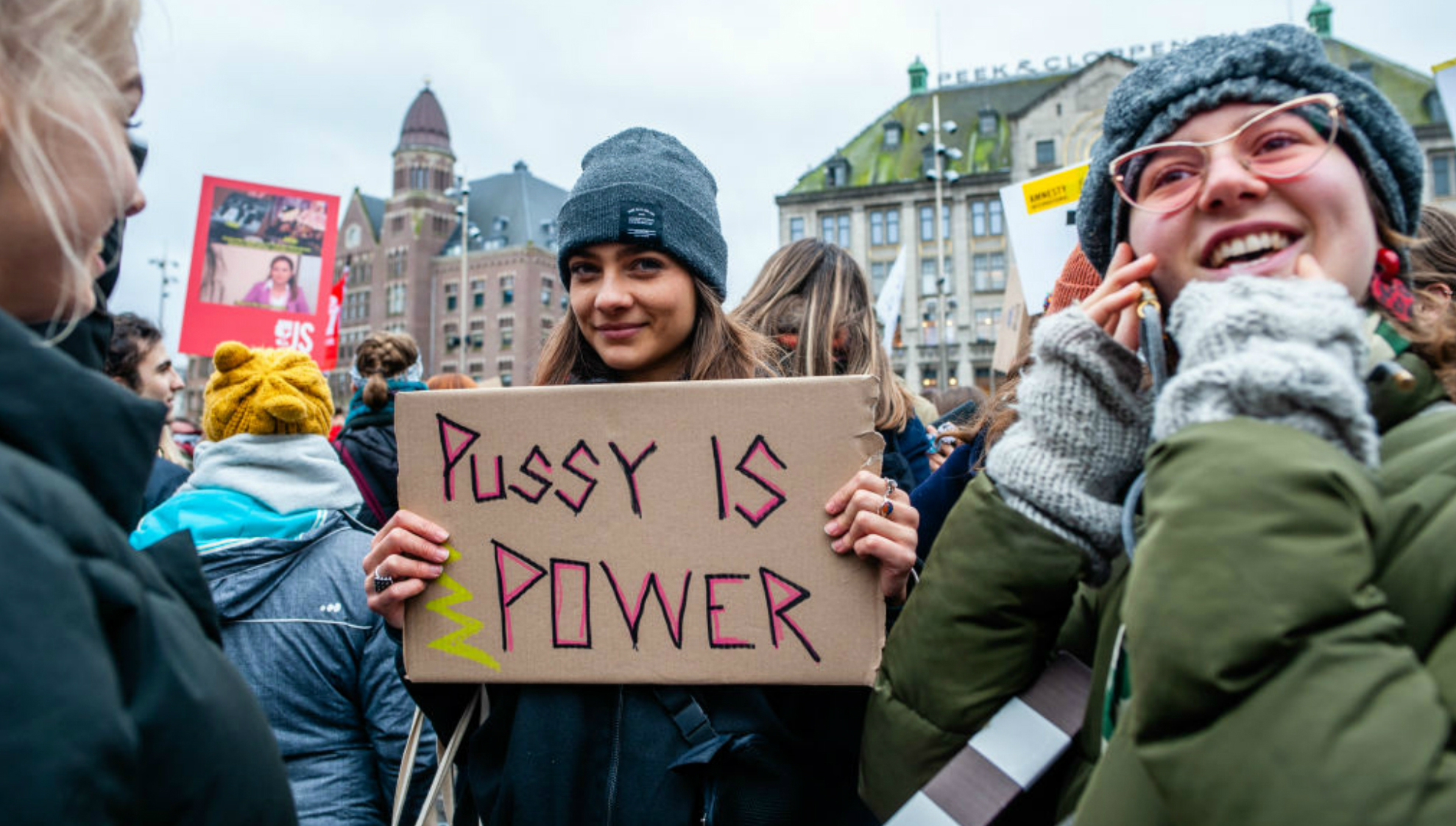
'The #MeToo movement has exposed an endemic problem and led to a culture shift in our awareness of sexual harassment,' agrees Sam Smethers, Fawcett Society Chief Executive. 'But we need to complete the transformation by changing how society and employers respond. This means we have to strengthen the law to require employers to prevent harassment and we have to provide and promote solutions to help them to own and change their own organisational culture.'
On a smaller scale, we also need to be mindful of keeping conversations around the topic flowing. 'The problem is that we’re living in an instantaneous culture, and if something isn’t going to change overnight it’s often forgotten,' says Winnie M Li. 'It’s going to be a long process, and we have to keep reminding people about these issues.'
And there has already been a heartening change. A study by the Fawcett Society found that the younger generation has been positively affected by #MeToo, with more than half of 18-34-year-olds saying they are now more likely to speak out about sexual harassment. And ultimately, what could be a better result from a grassroots movement, than helping survivors to find and amplify their voices.
For help and advice please contact: *Rape Crisis England and Wales *Rape Crisis Scotland *Rape Crisis Network Ireland
Maria Coole is a contributing editor on Marie Claire.
Hello Marie Claire readers – you have reached your daily destination. I really hope you’re enjoying our reads and I'm very interested to know what you shared, liked and didn’t like (gah, it happens) by emailing me at: maria.coole@freelance.ti-media.com
But if you fancy finding out who you’re venting to then let me tell you I’m the one on the team that remembers the Spice Girls the first time round. I confidently predicted they’d be a one-hit wonder in the pages of Bliss magazine where I was deputy editor through the second half of the 90s. Having soundly killed any career ambitions in music journalism I’ve managed to keep myself in glow-boosting moisturisers and theatre tickets with a centuries-spanning career in journalism.
Yes, predating t’internet, when 'I’ll fax you' was grunted down a phone with a cord attached to it; when Glastonbury was still accessible by casually going under or over a flimsy fence; when gatecrashing a Foo Fighters aftershow party was easy-peasy-lemon-squeezy and tapping Dave Grohl on the shoulder was... oh sorry I like to ramble.
Originally born and bred in that there Welsh seaside town kindly given a new lease of life by Gavin & Stacey, I started out as a junior writer for the Girl Guides and eventually earned enough Brownie points to move on and have a blast as deputy editor of Bliss, New Woman and editor of People newspaper magazine. I was on the launch team of Look in 2007 - where I stuck around as deputy editor and acting editor for almost ten years - shaping a magazine and website at the forefront of body positivity, mental wellbeing and empowering features. More recently, I’ve been Closer executive editor, assistant editor at the Financial Times’s How To Spend It (yes thanks, no probs with that life skill) and now I’m making my inner fangirl’s dream come true by working on this agenda-setting brand, the one that inspired me to become a journalist when Marie Claire launched back in 1988.
I’m a theatre addict, lover of Marvel franchises, most hard cheeses, all types of trees, half-price Itsu, cats, Dr Who, cherry tomatoes, Curly-Wurly, cats, blueberries, cats, boiled eggs, cats, maxi dresses, cats, Adidas shelltops, cats and their kittens. I’ve never knowingly operated any household white goods and once served Ripples as a main course. And finally, always remember what the late great Nora Ephron said, ‘Everything is copy.’
